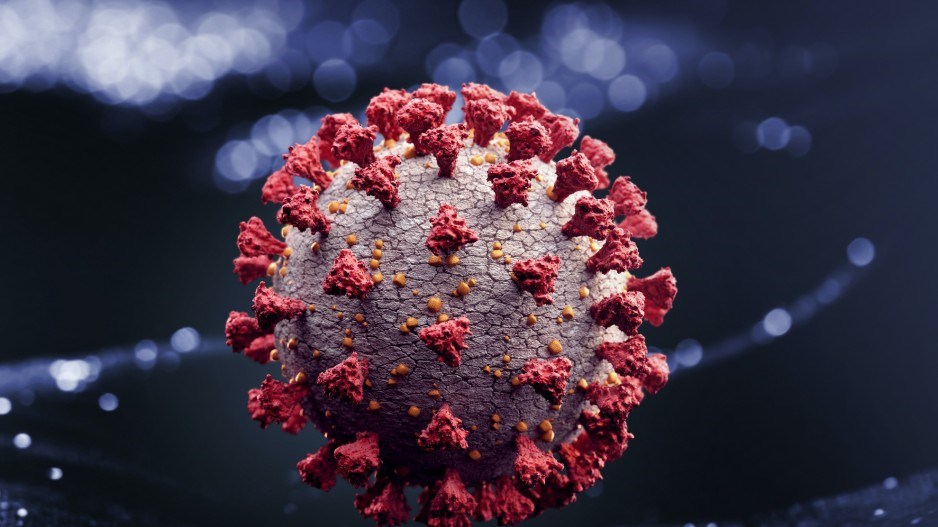Ottawa is doubling down on a B.C. biotech pursuing the development of a COVID-19 vaccine that can be taken orally.
Burnaby-based Symvivo Corporation announced Monday the National Research Council of Canada Industrial Research Assistance Program (NRC IRAP) is earmarking $4.6 million to support the clinical advancement of the company’s vaccine candidate known as bacTRL-Spike.
Symvivo previously received $2.8 million in IRAP funding last fall for the room-temperature stable vaccine candidate.
Unlike the jabs Canadians are presently getting in the ongoing vaccination campaign, the Symvivo vaccine candidate comes in capsule form.
That means medical professionals would not need to administer the vaccine, opening the door for people to take the vaccine on their own.
It’s not the only B.C. biotech pursuing a homegrown vaccine.
Last fall, Ottawa earmarked $18 million for Vancouver-based Precision Nanosystems Inc. (PNI) to pursue its own COVID-19 vaccine, which is expected to enter Phase 1 of clinical trials shortly.
PNI specializes in a class of vaccines known as self-amplifying RNA vaccines. These have the potential to create more potent vaccines as they amplify the signal, allowing PNI to manufacture more doses for less volume.
Its new 40,000-square-foot facility, expected to be completed in March 2023, would be able to produce up to 240 million of those self-amplifying RNA vaccine doses.
Pfizer Inc. (NYSE:PFE), Moderna Inc. (NYSE:MRNA), meanwhile, have been manufacturing conventional messenger RNA (mRNA) vaccines, of which PNI has the capacity to produce two million to 24 million doses.
Last month U.S. innovation giant Danaher Corp. (NYSE:DHR) acquired PNI.
Terms of the deal were not disclosed but James Taylor, CEO of PNI, confirmed to BIV that his company would still be meeting its obligations to the Canadian government.
And plans for PNI’s new $50-million biomanufacturing facility in Metro Vancouver are still underway after the federal government revealed in February it was earmarking $25 million for the endeavour as part of a bid to shore up the country’s own domestic vaccine manufacturing capacity.
A botched deal last year between Canada and Chinese vaccine manufacturer CanSino Biologics Inc. laid bare the country’s vulnerabilities amid efforts to devise a proper immunization plan.
Faced with Canada’s limited vaccine manufacturing capacity, the federal government began putting $44 million into revamping an NRC facility in Montreal to ensure it could produce CanSino doses at home.
But with the collapse of the CanSino deal and Canada being slow to procure competing vaccines, the country has been relying on Pfizer, Moderna and — to a much lesser degree — AstraZeneca plc shipments. All of those vaccines are manufactured outside Canada.




